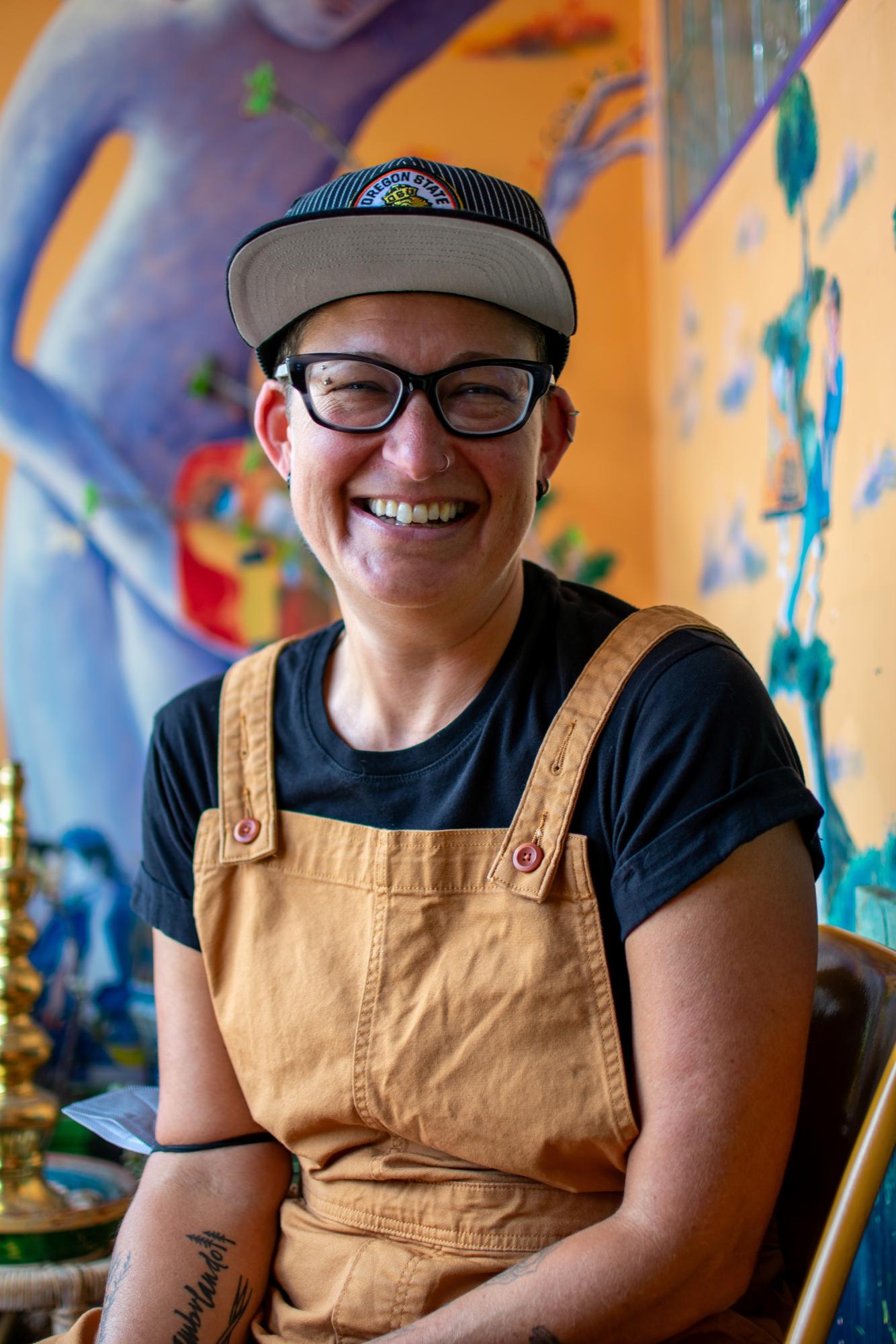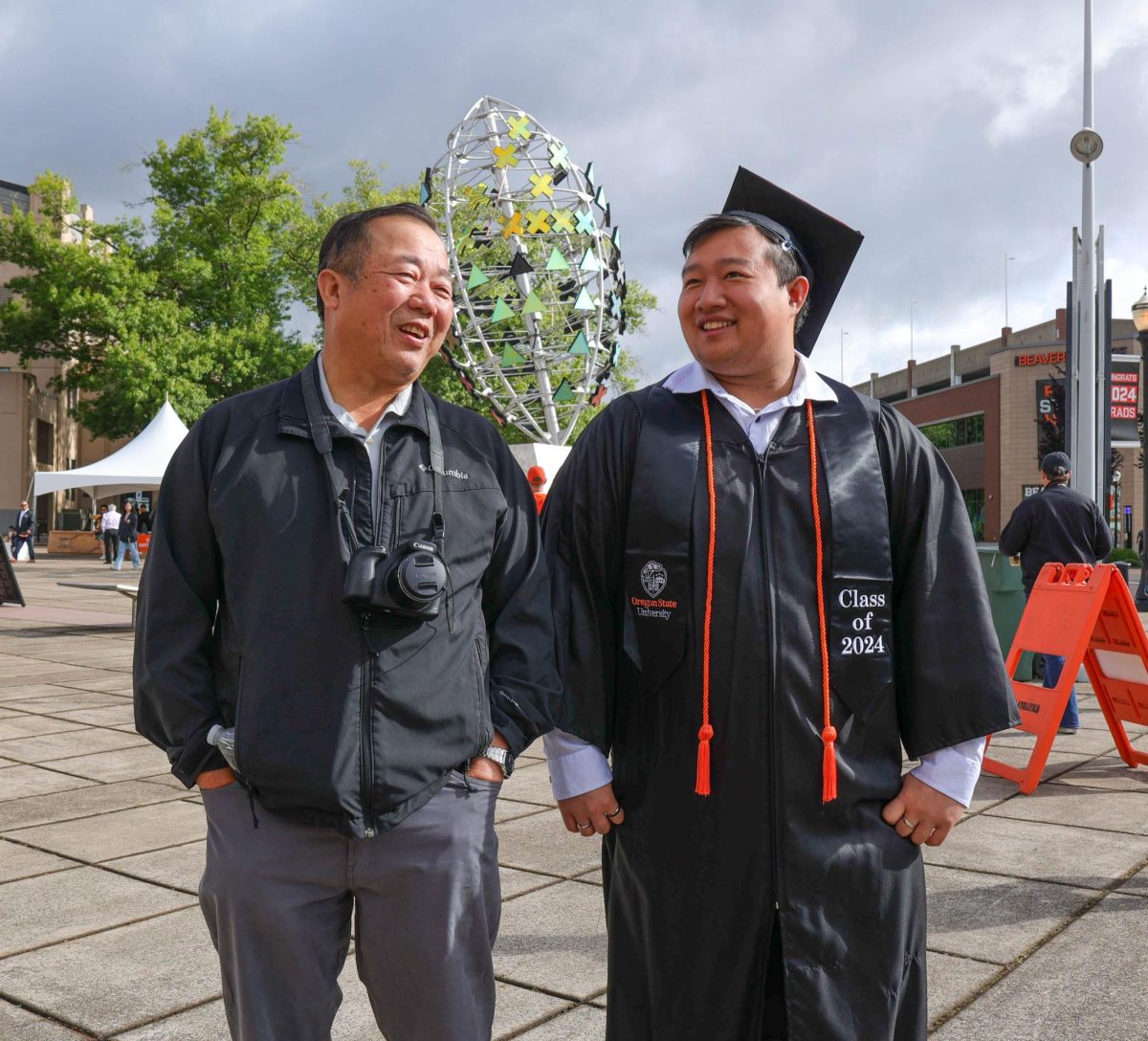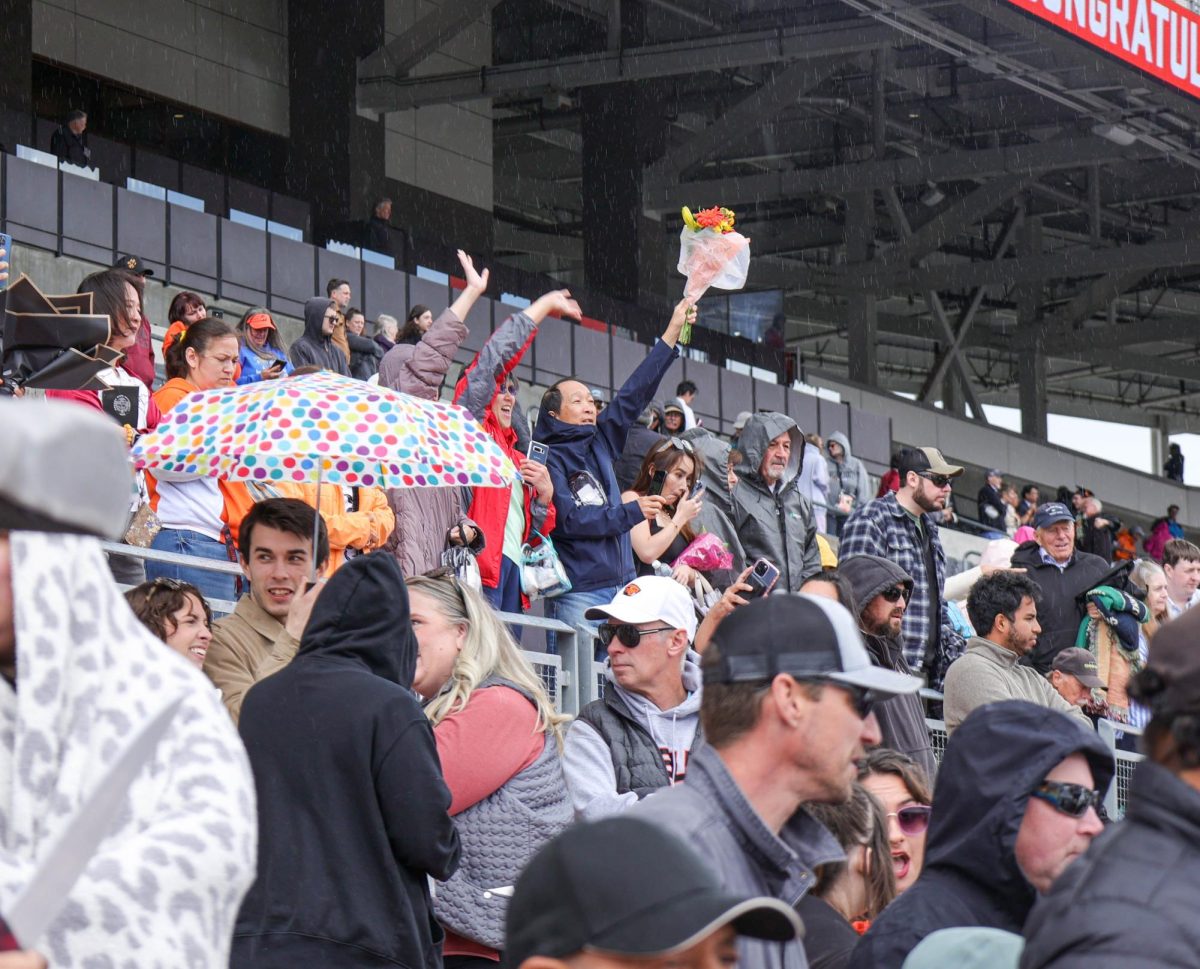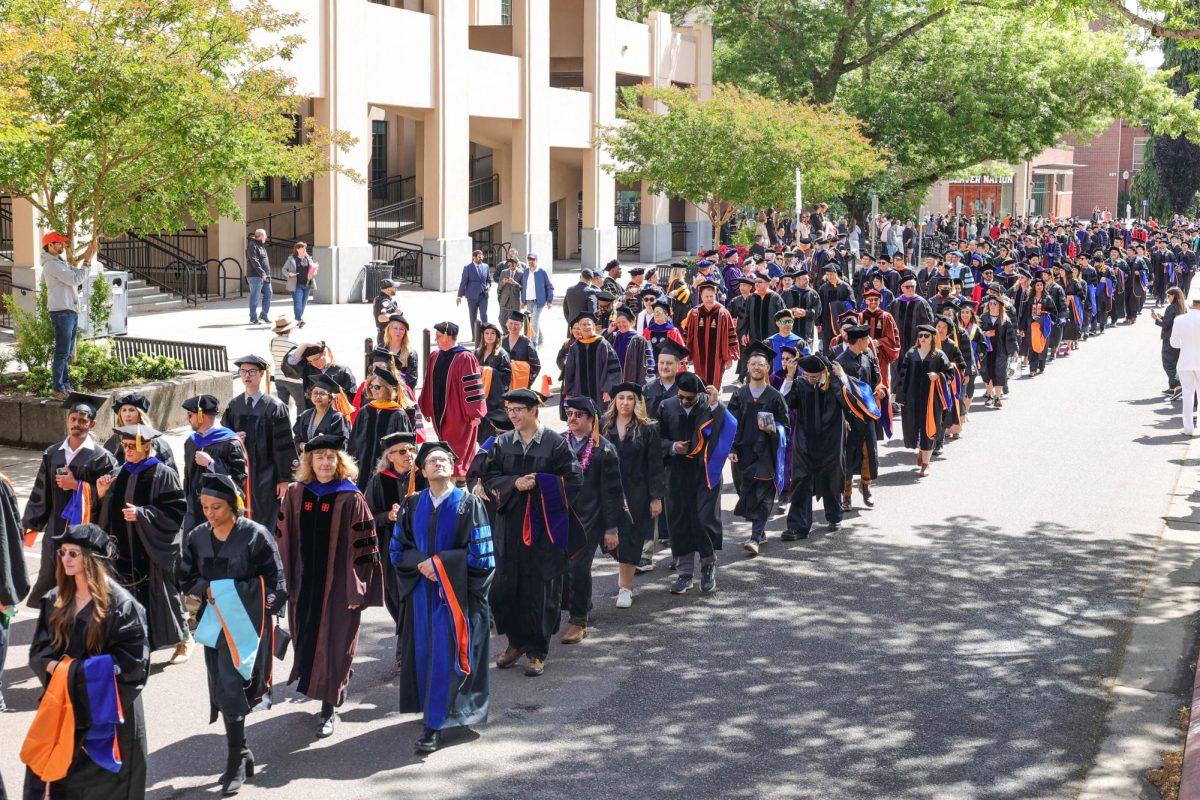The theme of this month’s edition is commencement with a special section focused on Pride–it’s Pride Month.
I had originally planned on writing about the importance of transitions – you’ve graduated, you may be moving to a new town for an exciting, new job and how it can be important to know what resources are available in your local community. Where is the local pharmacy? Who do you connect with for sexual health support?
Instead, I’ve been tasked with writing about Pride, which is a better fit for someone writing about sexual health and well-being.
However, before we dive into the Pride-specific history, I want to call attention to why Pride was started, which was after the Stonewall Uprising. It was started to bring together Why is Pride needed? Because bias and hate crimes and threats are still occurring today.
Here’s my personal experience.
Recently, I was hatefully targeted for my work as the Oregon State University Sexpert and for my sexual orientation. First, I need to acknowledge my privilege as a white, cisgender woman who felt comfortable immediately reaching out to campus law enforcement.
I was impressed with their support, empathy and compassion.
In addition, they brought in someone from OSU Assist to support me and more importantly, a therapy dog, Cedar. OSU Assist is a multidisciplinary support team that provides compassionate mobile crisis response and wraparound services for individuals facing extenuating circumstances or experiencing other forms of distress.
I was loosely familiar with their work from a workshop I participated in on college student mental health. I never envisioned I would be the one needing their services.
This incident has left me feeling angry, disappointed, vulnerable, and fearful. I am now aware of where every emergency phone is in every classroom I teach. I keep my office door locked while I am in it. I’ve stopped wearing earbuds and looking at my phone while walking outside. I am constantly on high alert.
But mostly, I am angry.
Now, let’s dive into the history of Pride and the importance of the events that transpired at the Stonewall Inn in 1969.
In 1969, the New York State Liquor Authority enforced severe sanctions against any establishment that served alcohol to anyone who was LGBTQ+ (or even suspected to be a part of the community).
The argument was that “homosexuals were disorderly.” On June 28, 1969, law enforcement entered the Stonewall Inn (a popular gay bar in New York City) with a warrant, aggressively assaulted and arrested 13 people, including staff and customers.
The State of New York had a gender-appropriate clothing statute and officers took it upon themselves to check the genitalia of some “suspects.”
This was not the first bar raided, nor the first time a raid occurred, but this was the first time that media coverage highlighted members of the LGBTQ+ community fighting back.
Exhausted from years of discrimination and harassment by law enforcement, members of the LGBTQ+ community, and their allies, led by young trans women of color demonstrated for six days and these demonstrations became known as the Stonewall Uprising.
This uprising was the culmination of many years of LGBTQ+ activism. For reference, same-gender relationships weren’t even legalized in New York City until 1980.
The first Pride march in New York City happened on the one-year anniversary of the Stonewall Uprising. And now we celebrate and honor June as Pride month thanks to the activism that occurred back in 1969. And we can’t stop standing up and we can’t be silent.
Like what happened to me, here’s what you can do if you are a survivor of a bias incident or crime as a member of the LGBTQ+ community at OSU, and in the State of Oregon.
Homophobic hate crimes have a substantial impact on LGBTQ+ communities. The very real fear of being targeted for who we love forces people to hide their identities.
But standing up to hate is important. Pride celebrates that we are not alone and will not be intimidated. It’s a collective celebration, honoring and gathering of our resilience.
- The Pride Center
- https://dce.oregonstate.edu/pc
- The Pride Center at OSU aims to support individuals who identify as lesbian, gay, bisexual, transgender, queer, questioning, intersex and asexual members, as well as their allies. With outreach programs and events, the Pride Center is there to support those on campus and online during their time at OSU. “The Pride Center is a safe space for all members of our community to explore aspects of sexual orientation and gender identity in an open and non-judgmental atmosphere,” their website states.
- General Resources for LGBTQ+ Students:
- Albany Pride Festival:
- Jun 22, 2024 from 10:00 to 4:00
- https://www.eventeny.com/events/albany-pride-festival-2024-11438/
- Philomath Pride Event:
This is important work. It is why we need Pride. It is why we need campus cultural centers. This is also why we need programs like OSU Assist. This is why Oregon needs our Bias Response Hotline, to help us navigate these bias crimes together.
This is why we need to uplift and support one another and not be silent.
So, I’ll leave you with this quote from Martin Luther King Jr.
“Darkness cannot drive darkness; Light can do that. Hate cannot drive out hate; Love can do that.”

















































































































